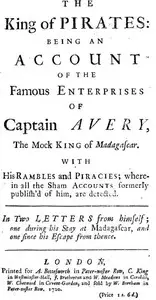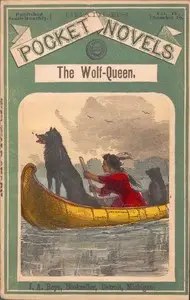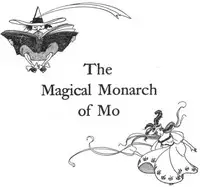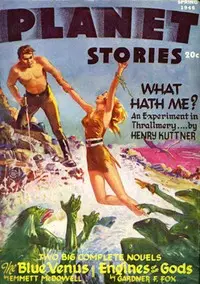“The Life and Most Surprising Adventures of Robinson Crusoe, of York, Mariner” by Daniel Defoe is a novel written in the early 18th century that recounts the tale of a shipwrecked mariner. The narrative centers around Robinson Crusoe, a young man who defies his father's wishes and embarks on a life at sea, ultimately leading to his extraordinary isolation on a deserted island after a shipwreck. Crusoe's experiences cover themes of survival, faith, and self-discovery as he navigates his new life away from civilization. The opening of the book sets the stage for Crusoe's adventures, detailing his background, familial influences, and the striking decision to pursue a life at sea despite his father's objections. After becoming a sailor, he faces a catastrophic storm that leads to the sinking of his ship and the loss of his companions, leaving him as the sole survivor. Disoriented and desperate, Crusoe finds himself washed ashore on an uninhabited island, a situation that thrusts him into a struggle for survival, forcing him to rely on his wits and resourcefulness. It is through these early reflections and events that readers begin to understand Crusoe’s character and the journey that awaits him in the exploration of solitude and resilience. (This is an automatically generated summary.)

The Life and Most Surprising Adventures of Robinson Crusoe, of York, Mariner (1801)
By Daniel Defoe
“The Life and Most Surprising Adventures of Robinson Crusoe, of York, Mariner” by Daniel Defoe is a novel written in the early 18th century that recou...
Daniel Defoe was an English novelist, journalist, merchant, pamphleteer and spy. He is most famous for his novel Robinson Crusoe, published in 1719, which is claimed to be second only to the Bible in its number of translations. He has been seen as one of the earliest proponents of the English novel, and helped to popularise the form in Britain with others such as Aphra Behn and Samuel Richardson. Defoe wrote many political tracts, was often in trouble with the authorities, and spent a period in prison. Intellectuals and political leaders paid attention to his fresh ideas and sometimes consulted him.












